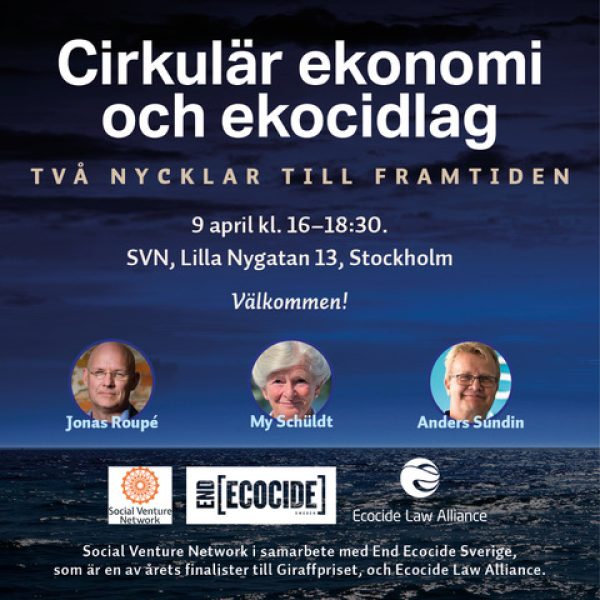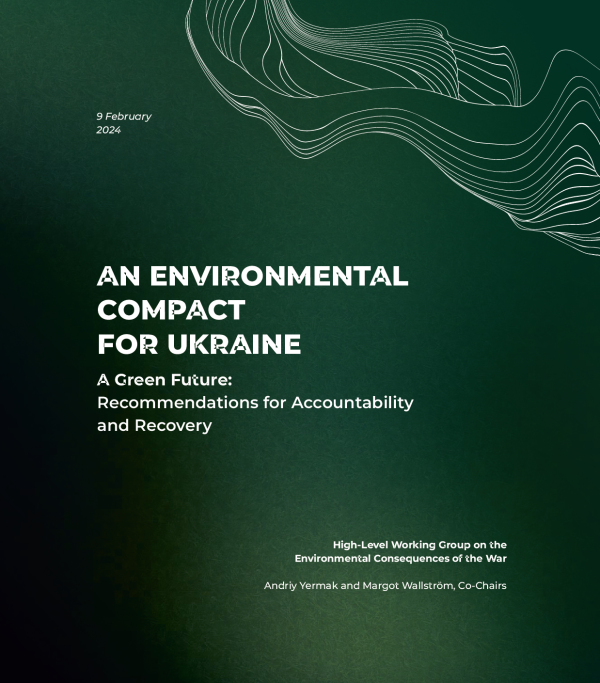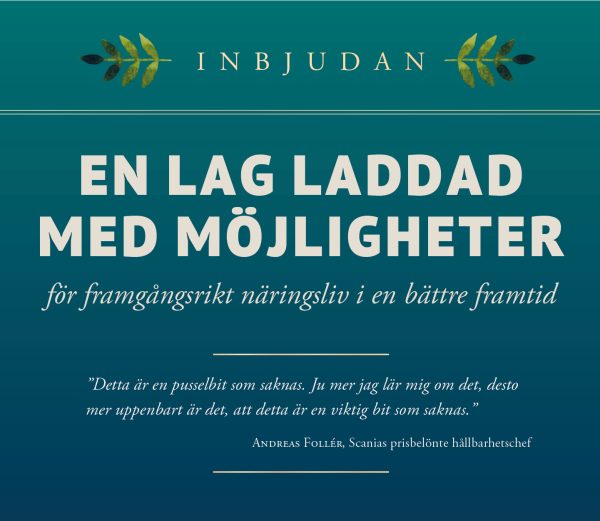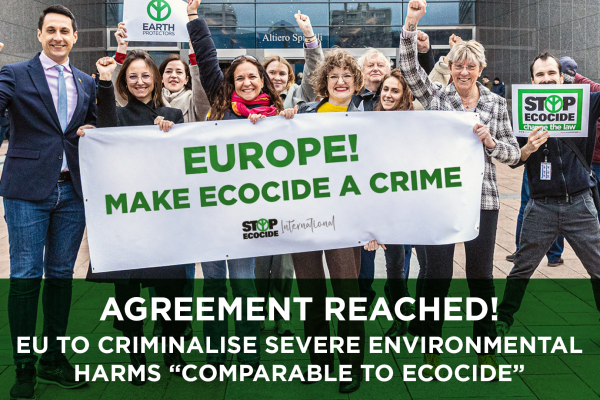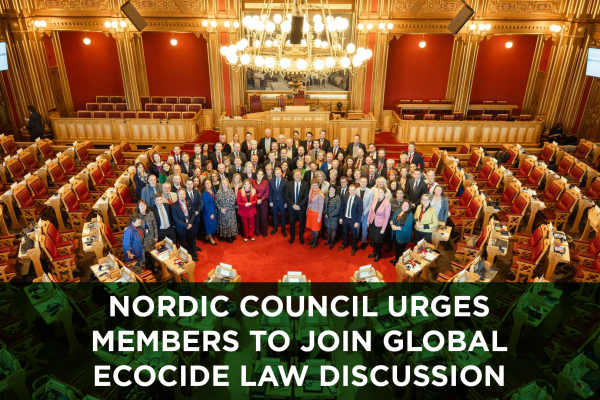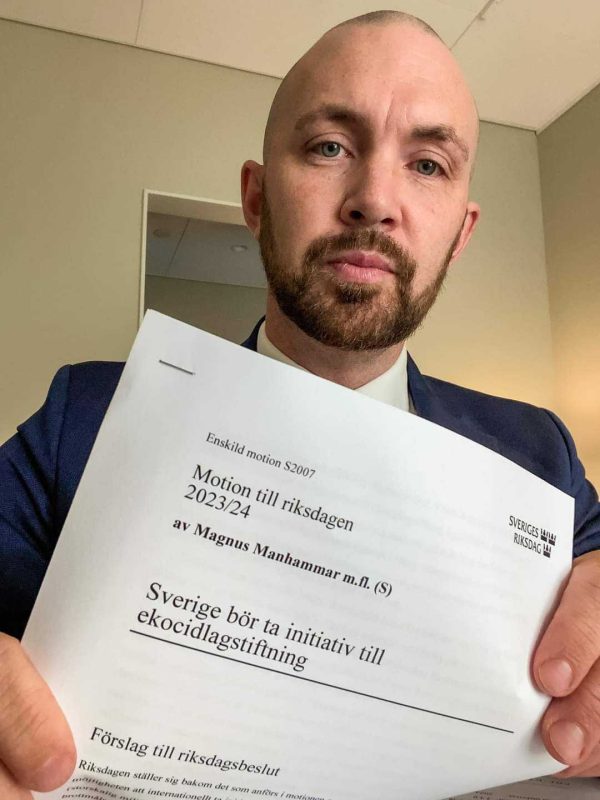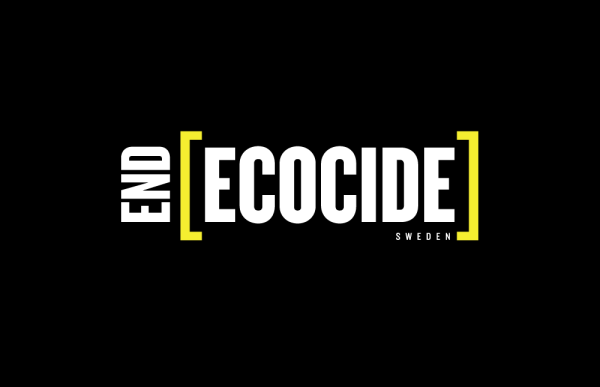Towards the UN conference Stockholm+50 the report The crime of Ecocide through human rights: a new tool for climate justice was released as a brief to The International Crimes Database of The Asser Institute in The Hague.
The report is written by Lisa Oldring, independent law and policy advisor with a specialization in international human rights and humanitarian law and legal advisor to Stop Ecocide Canada and Kate Mackintosh, Executive Director of Promise Institute for Human Rights at UCLA School of Law and deputy co-chair of the Independent Expert Panel for the legal definition of ecocide.
Abstract:
The purpose of international criminal law is to contribute to ending impunity for the perpetrators of the most serious crimes of international concern, and in doing so, help to prevent such crimes from occurring. To date, however, there is no international crime prohibiting acts of mass destruction of the environment, in spite of the catastrophic consequences that such acts have on the natural systems on which human life depends. The addition of ecocide as the fifth crime under the jurisdiction of the International Criminal Court would help to fill this accountability gap.
The rapidly evolving relationship between human rights, climate change and the environment, as manifested in the increasing use of human rights in climate litigation, suggests that human rights law has a critical role to play in shaping the crime of ecocide. Using a human rights lens helps deepen our understanding of ecocide’s vastly disproportionate impacts by revealing the ways in which environmental destruction exacerbates existing poverty and inequalities, and compounds intersecting forms of discrimination. Interpreting ecocide in this way will help generate a body of law which delivers real environmental and climate justice.
A human rights lens also reveals accountability gaps which the new crime of ecocide helps close, bringing accountability for influential decision–makers both within and outside of government, such as heads of industry. The due diligence standards established by the
Guiding Principles on Business and Human Rights can help businesses understand how to avoid ecocide charges, and make the crime an effective and enforceable deterrent.
This ICD Brief will argue that an international crime of ecocide that is informed in its application by human rights law and practice holds the potential to enhance accountability for serious environmental harm and prevent further damage, as well as deliver on climate justice.
Webinar with the authors and comments by Susanne Sweet, Associate Professor at Stockholm School of Economics, and Johan Hall, research officer at the Swedish Trade Union Confederation, May 2022.

